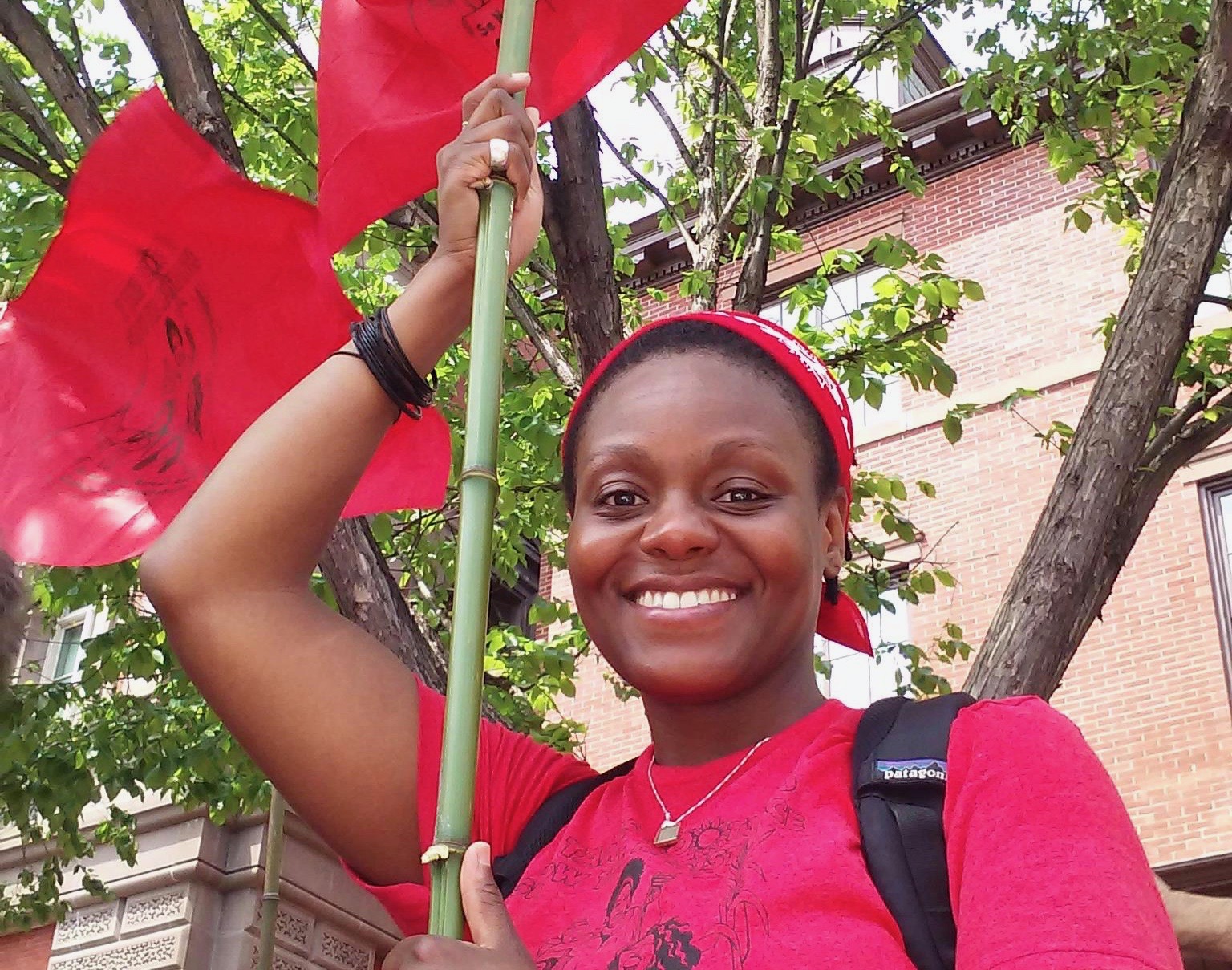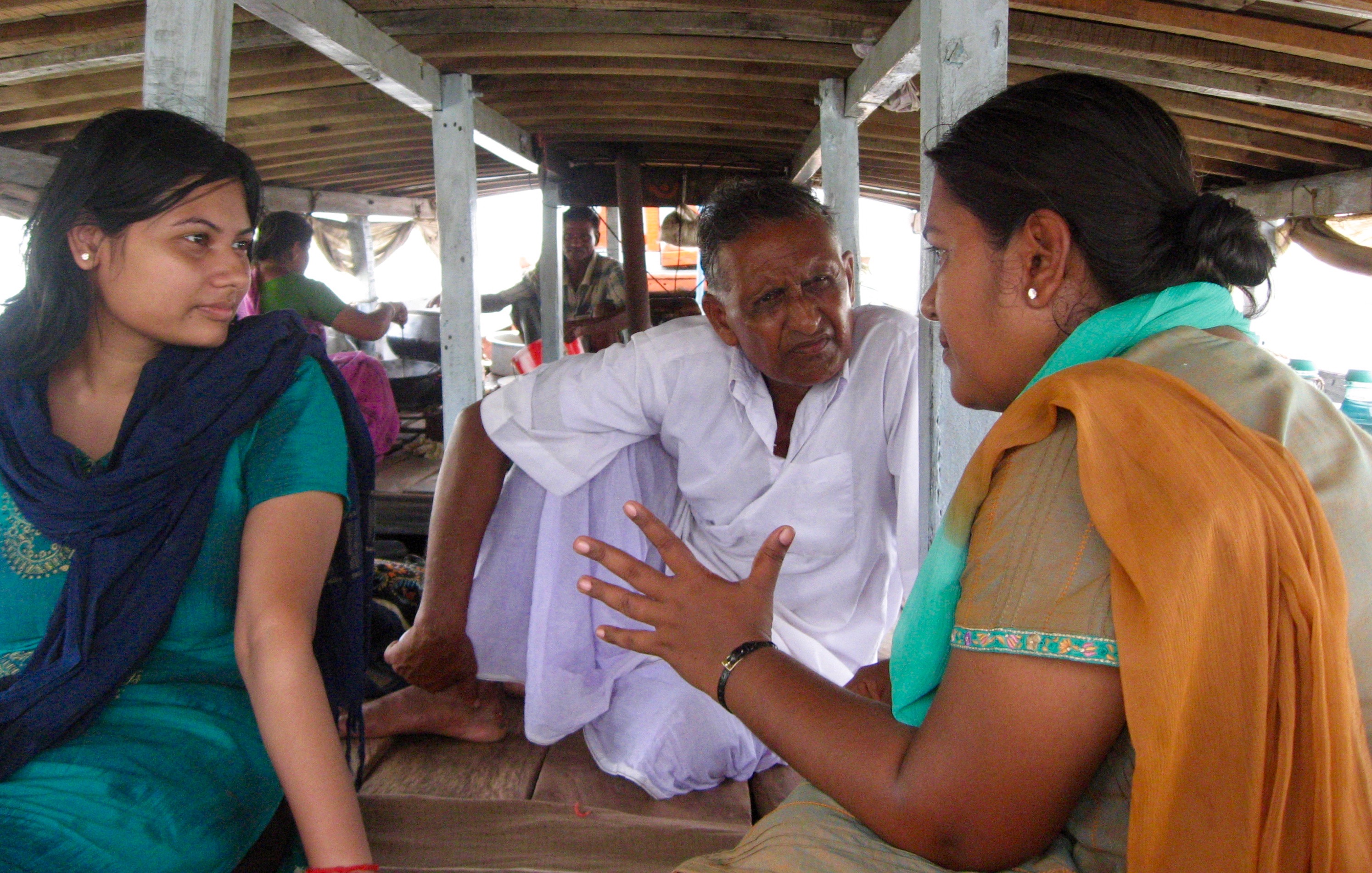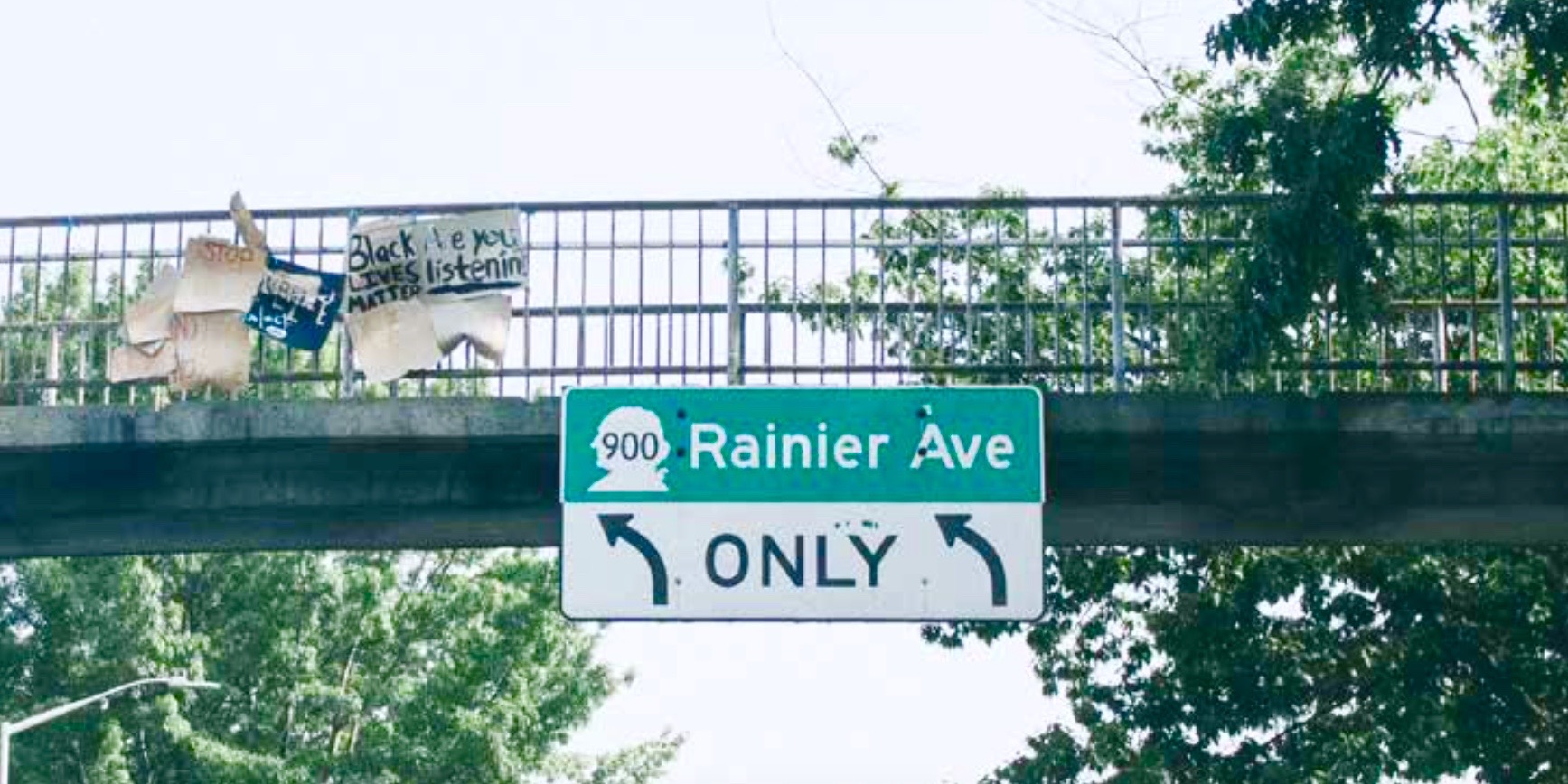Why are 15 small businesses serving immigrants and refugees being forced to move?
In November of 2017, the Mayor and Council of Tukwila voted to locate a new police station and criminal court – called the “Justice Center” – on four acres of land along Tukwila International Boulevard. In the same vote, they gave themselves both 1) the power to take the land from the owners and 2) the power to displace 15 businesses owned by immigrants and refugees located on this land.
These businesses serve many immigrant and refugee communities in Tukwila and across south King County, particularly Somalis and East Africans. Many of the business owners are also important leaders in the Muslim community.
How did the Mayor and Council decide the 15 small businesses must be displaced for the “Justice Center”?

The City of Tukwila has been planning to update and expand many of its publicly owned buildings over the last five years. The City created a Public Safety Plan in 2016 to address structural problems with several fire stations, the police headquarters and the criminal court. In November of 2016, Tukwila voters barely approved (by 31 votes) a bond to raise property taxes and borrow money through a bond to pay for the Public Safety Plan.
Prior to the Plan, however, the City considered several locations for the Justice Center, including building it next to City Hall. Although this was a good alternative, they voted instead to build the Justice Center on a new site – which would likely require taking private land. The Mayor and Council eventually decided to build a new fire station headquarters next to City Hall.
After the bond was approved, the Mayor and Council set up a committee to advise where the new public safety buildings would be placed. No-one from Tukwila’s immigrant and refugee community was appointed to the committee. One of the criteria for choosing a site included “opportunity to catalyze private developments,” which has nothing to do with the function of a police station.

In October 2017, the committee recommended to the Mayor and Council the final sites for four new buildings, including the Justice Center. Most of the 15 affected immigrant and refugee businesses found out about losing their livelihoods only one week before the final vote on November 6th. Despite quickly organized opposition from the businesses and immigrant rights advocates, the Mayor and Council decided the businesses must go.
Unfortunately, cities in the United States have a long history of destroying communities built by people of color, especially black people, in order to construct highways, bridges, transit, offices, police stations, and other facilities. Even with this well-known history, the Mayor and Council have chosen to target the most vulnerable people and businesses in Tukwila for forced relocation, which will ripple throughout the community.
Who will be impacted by the City’s decision and how?

The business owners are from Somalia, Korea, Mexico, and Vietnam. Many came to the U.S. because they were fleeing displacement from their home nations. Several have been in business for 10 or more years, including Marwa Restaurant that opened in 1998. Though their businesses are small from the outside, thousands of customers come from all over south King County to get goods and services that they cannot find elsewhere.
In fact, being located next to each other, along with other important places like Abu-Bakr Mosque, has helped grow a successful retail and food service center in an area of Tukwila that was mostly vacant 20 years ago1. It also means that if they do not stay together, they may fail on their own. Several business owners have said to the Mayor and Council that affordable space is hard to find, especially enough space to relocate together. They worry that they will have to move far away from Tukwila, which is becoming more expensive. It may mean that many go out of business.
But the impact will be larger than just the 15 business owners. This group of businesses provides critical services that allow for a thriving, intergenerational Muslim community in King County. Workers from the airport come at all hours of the day to eat and pray. Families come to shop all week after services or school at local mosques. Elders and community members without cars in Tukwila find respite and safety in these spaces. They are often the first businesses to make donations to the community. Displacing these businesses has been described as “cutting out the heart” of the community.
What does the displacement of businesses mean for the future?

Rents in Tukwila are going up with the rest of the county. For this reason, fewer immigrants and refugees are being resettled in the city. Gentrification is beginning in Tukwila, fueled in part by plans for new development.
The City’s Comprehensive Plan envisions the length of Tukwila International Boulevard from 160th to 139th redeveloped as high density buildings, up to four and six stories high2. The City encourages developers to replace older buildings, many rented by small businesses, with new larger ones.
As developers find Tukwila more attractive for the region’s booming economy, Tukwila’s thriving immigrant and refugee population community businesses could eventually be priced out. The loss of even a few of the businesses here could result in a domino effect, as other culturally important businesses and anchors also move out to follow displaced residents. We note also that the City of SeaTac is also displacing all of the East African businesses out of Bakaro Mall, another important small business center for the community and near to this site.
Are there alternatives to displacement?
The City of Tukwila has many options that would not involve displacing the 15 small businesses from the city.
1. The City could revisit the decision to build a brand new police station and criminal court on a new site. In recent years, communities of color across the country have risen in protest of mass incarceration and police violence, calling for alternatives to both policing and prosecution. Part of this movement has been resisting new police facilities that will just perpetuate criminalization of black and brown people. In Seattle, anti-incarceration organizations have fought two major facilities – a new County juvenile detention facility and a new police station in the city’s North Precinct. In the case of the North Precinct, the activists succeeded in stopping a $140 million new station and the City announced recently it would make do with modest upgrades to the existing station. Tukwila could plan for using less space, not more, over the next 25 years, in transitioning to policing alternatives.
2. At the very least, the City should delay taking any property and making progress on design for the new police station. The cost of the “Justice Center” has more than doubled from the $28 million told to voters in 2016, to $68 million. The funding gap for the Public Safety Plan, including the three fire stations and public works buildings, is now $77 million. To fill this gap, City staff are proposing to issue more debt (backed by existing taxes), delay other public projects, make cuts in the general budget, raising new taxes (like the gambling tax) that could otherwise go to public services, and delaying one of the new fire stations. The Justice Center should be put on hold until a solution can be found that does not penalize the communities of color for the City’s dramatic underestimation of costs.
3. The City should prioritize creating stable commercial space for the 15 businesses, and many more that may be displaced in the next few years from development pressures. All of the small immigrant and refugee businesses along Tukwila International Boulevard are at risk from redevelopment of buildings they rent, which tend to be older and lacking investment from property owners. The City already has experience partnering with local non-profits, to build affordable housing and community space, with the prime example being Tukwila Village. Instead of threatening the 15 small businesses with eviction, the City should be working with them to ensure they have affordable, quality commercial space in which they can stay co-located.
4. The City should help develop an overall plan to preserve Tukwila’s immigrant and refugee community, driven by community leaders and organizations. Under goal 3 of the City’s 2012 Strategic Plan, it states: 3. Cultivate the success of the City’s entrepreneurs and small businesses, including businesses owned by refugees, immigrants, and non-native English speakers. A new plan, specific to community preservation, should prioritize resources to help business and cultural organization thrive in place, and be factored into any other plan – including for public safety.
1 Somali Community Services Coalition, “Equity for All: Including East African Voice in Future Development,” March 2013.
2 City of Tukwila Municipal Code, Title 18, Zoning. The property to either side of this stretch of Tukwila International Boulevard is primarily zoned Regional Commercial or Neighborhood Commercial Center.


 Vallestero Keenan has more than a decade of experience in research, advocacy, civic engagement, racial justice organizing, social services, and community and business outreach. Vallestero Keenan was the executive director of the Fair Work Center, a hub for workers to better understand and exercise their legal rights, improve their working conditions and connect with community resources. At the Fair Work Center, she led a staff of seven who trained workers about their rights on the job and offered support when those rights were violated.
Vallestero Keenan has more than a decade of experience in research, advocacy, civic engagement, racial justice organizing, social services, and community and business outreach. Vallestero Keenan was the executive director of the Fair Work Center, a hub for workers to better understand and exercise their legal rights, improve their working conditions and connect with community resources. At the Fair Work Center, she led a staff of seven who trained workers about their rights on the job and offered support when those rights were violated.
 Kim comes to Sage with 18 years of experience in public service and grassroots development spanning youth and adult economic development, racial equity, sustainability and climate justice, food justice, health equity, affordable housing, restorative justice and international development. Most recently, Kim served as the Director of Social Equity and Inclusion for a local environmental organizationand as the Director of Sustainability for Multnomah County.
Kim comes to Sage with 18 years of experience in public service and grassroots development spanning youth and adult economic development, racial equity, sustainability and climate justice, food justice, health equity, affordable housing, restorative justice and international development. Most recently, Kim served as the Director of Social Equity and Inclusion for a local environmental organizationand as the Director of Sustainability for Multnomah County.
